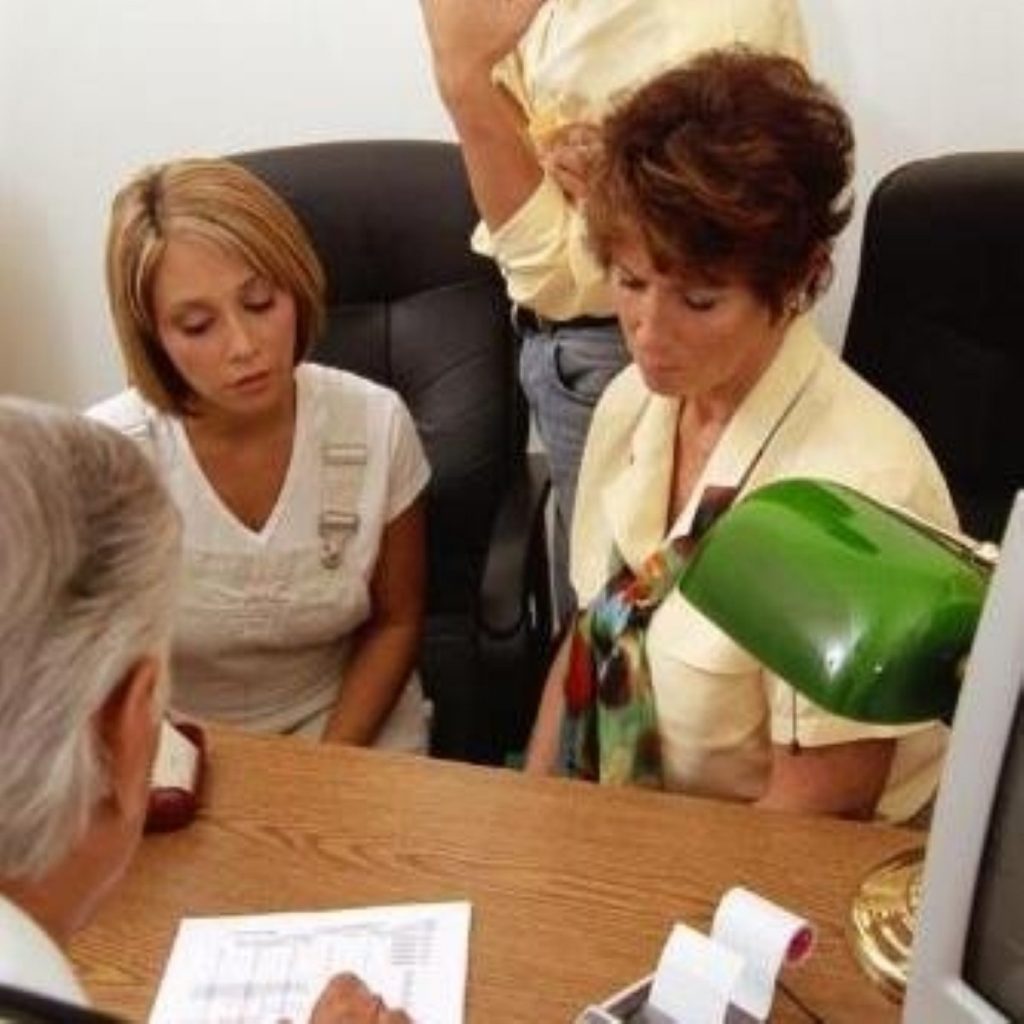GP pay rise ‘had no effect on productivity’
Average pay rises of 58 per cent have failed to make GPs any more productive, according to an influential group of MPs.
The MPs’ report found many GPs are now putting in fewer hours and are cutting down on their commitments to patients since changes to GP contracts, which cost £1.8 billion, were implemented.
Nurses and salaried GPs, on the other hand, have had to take on a much greater share of the workload and have only received far smaller pay rises.
Liberal Democrat health spokesman Norman Lamb labeled the government’s handling of GP contracts “staggeringly incompetent” and said that it was “clear ministers had no realistic idea of the cost to the taxpayer or the impact on patient care”.


The goals of providing a better service to deprived areas and also of practices being open during more convenient hours have also not been met, the report said.
The new contract for GPs in England aimed to connect GPs’ pay rises to their productivity and attract more doctors into general practice.
But the report found the new system led to GPs achieving high performance scores even when they spent less time with patients.
Shadow Health Secretary Andrew Lansley was critical of the contracts.
“It is important that GPs are properly rewarded for their hard work, but the government’s complete failure to understand the level of service they provide has left us with the worst of all worlds – GPs paid more than originally intended but left demotivated by how they have been treated,” he said.
But Laurence Buckman, chairman of British Medical Association’s (BMA) GP committee objected to the report.
“The measure of productivity quoted is crude and doesn’t accurately reflect how GPs’ work has changed in recent years.
“GPs now deal with more complex consultations and the intensity of the work has greatly increased.”
The report did find some benefits to the new contracts, including a 15 per cent increase in the number of GPs working in the NHS
The GP is the first point of contact for most individuals with around 33,000 GPs holding around 290 million consultations each year and accounting for almost 10 per cent of NHS expenditure.












